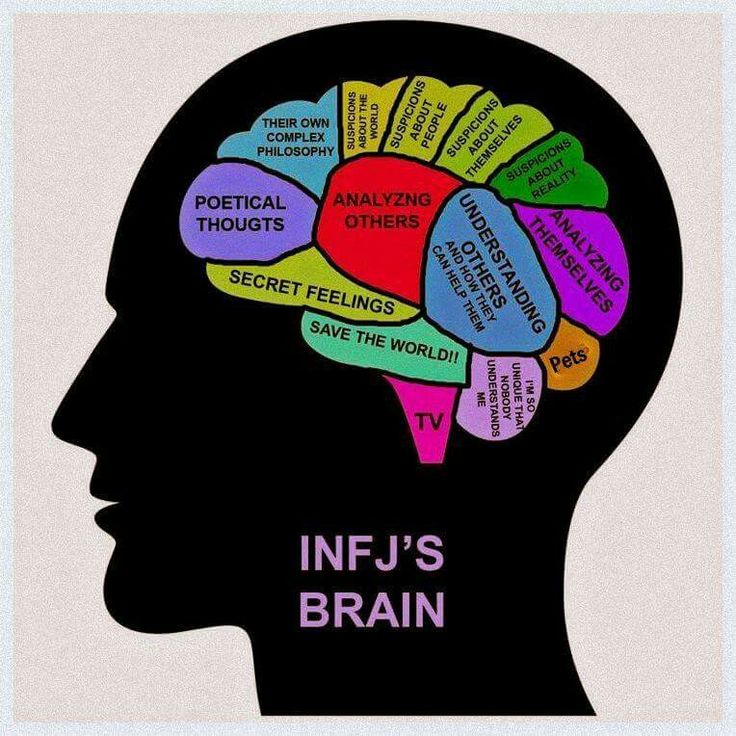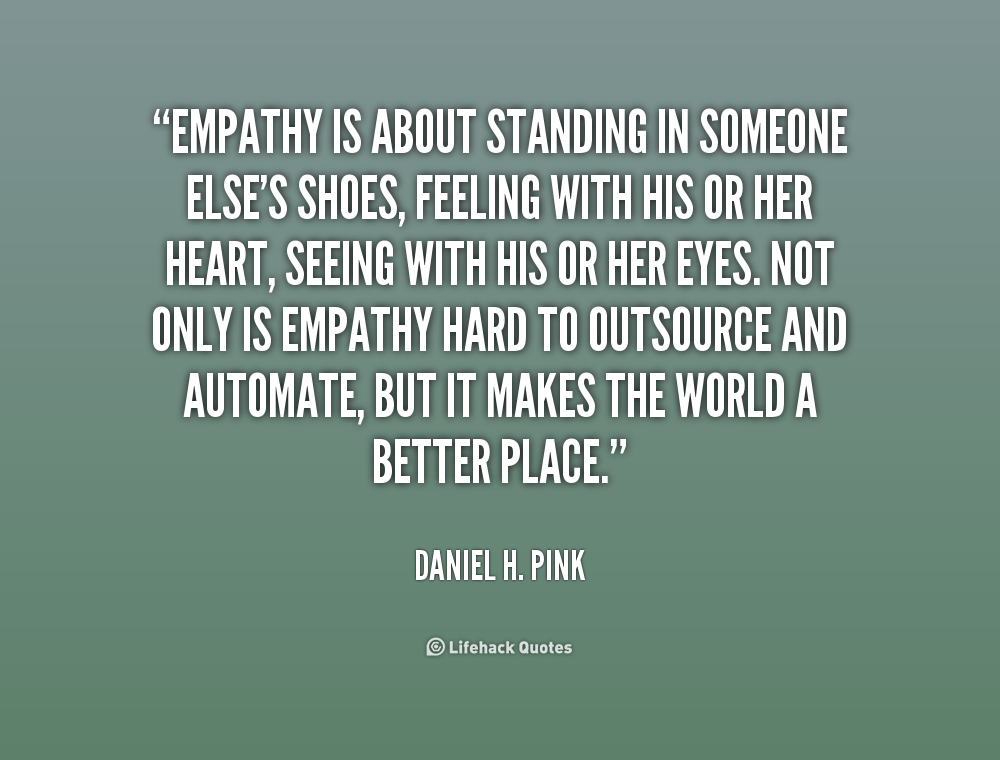How to get rid of suicidal intrusive thoughts
How to Respond to Intrusive Suicidal Thoughts
I just want the pain to end.
“Madness or suicide; it’s yours to decide.” During each of the times that I was suicidally depressed, my brain was continually assailed by these words. No matter what I did, these intrusive thoughts kept telling me I had only two options: either spend the rest of my life in an institution or end it all now.
What I was experiencing were Automatic Negative Thoughts (ANTS)–involuntary thoughts that appeared out of nowhere without my consent. If you are suicidal or have been suicidal, you have no doubt been plagued by similar spontaneous suicidal thoughts.
Your thoughts might be telling you, “You’re a loser
,” “You deserve to die,” or “You are not going to get better, so you might as well die now.” You might be flooded with images of harming yourself. These repetitive words and images can feel like an obsession.
The problem with such intrusive, repetitive thoughts is that they create neural pathways in the brain; they are like grooves in an LP vinyl record. Over time, their strength can increase until they become difficult to manage or eliminate.
Fortunately, there is good news. While you may not be able to prevent these thoughts from arising, you can control how you respond to them. My therapist and the counselors at an outpatient program I attended taught me some valuable techniques to manage these automatic thoughts.
Practice non-resistance.
Instead of dwelling on your thoughts or fighting against them, it is better to simply observe your thoughts without latching onto them or pushing them away. I like to visualize my intrusive thoughts as clouds passing overhead or leaves drifting down a river.
This process of observing your thoughts in a detached way is called “mindfulness meditation.” You can read about mindfulness in a number of books such as those written by Eckhart Tolle, Jon Kabot-Zinn, Thich Nhat Hanh, or you can receive recommendations from a therapist.

Tell yourself,
“These are just thoughts.”You can also say:
“Just because I have these thoughts, I don’t have to act on them.”
“Just because I have these thoughts, it doesn’t mean they’re true.”
Share your thoughts with others.
When a person is suicidally depressed, chemical imbalances inside the brain create a distorted view of their present and future circumstances. You may feel as if there is no hope, but that is your brain giving you false information. If you can share your thoughts with others, they can help you dispute these thoughts and replace them with a more hopeful view of your situation.
Cancel and Replace
Say, “CANCEL! CANCEL!” out loud. Then, replace the negative thought with a more empowering one. This is based on the principle that two thoughts cannot occupy the same place in your mind at the same time. Thus, if your intrusive thought is “I’ll never get better” you can replace it with the affirmation “ This too shall pass” or “I can and will survive this crisis.
 ”
”
Hope Kit
A hope kit is an effective way of collecting and making visual your reasons for living. Think about your reasons to stay alive and consider what items might represent them. This may include photographs, letters, song lyrics, poems, childhood toys, souvenirs, or other mementos. Place them in a container or a scrapbook that you can refer to when needed. See more about how to create a Hope Kit in my Reasons to Stay Alive page.
- Think about the people (or pets) that you would leave behind and how they would fare.
- Think about the good you can do for other people in the future if you stay alive.
Positive Distraction
And finally, you can respond to any intrusive suicidal thoughts by using the principle of what I call positive distraction. The word “distraction” often has a bad connotation—e.g. “Jill got a ticket for distracted driving.” However, in your situation, distraction means turning your mind away from suicidal thoughts and refocusing on something positive outside of yourself.
 In my case, it was a tennis game.
In my case, it was a tennis game.Many years ago, while living with my retired parents during a suicidal episode, I was able to make friends with Bob, the person who ran the pro tennis shop. Whenever he saw me obsessing about thoughts of gloom and doom, he would challenge me to a tennis game. Before I knew it, all I could think about was how to return his wicked serve. For the next two hours, my competitive drive to win the set blocked out all thoughts of suicide or self-harm.
Remember, you can learn to observe suicidal thoughts without feeling the need to act on them. Just because you have a thought or feeling doesn’t necessarily mean it’s true. What you are seeking is relief from suicidal pain. There are other ways to obtain this relief than ending your life.
Dealing with Suicidal Thoughts
Active thoughts of suicide involve clear and specific thoughts about suicide or plans to take your own life.
But suicidal thoughts can also take a less-defined, or passive, shape. Maybe you don’t have an actual plan to die, but you:
Maybe you don’t have an actual plan to die, but you:
- have frequent thoughts about death and dying
- have spent time thinking about ways to die
- believe you don’t deserve to keep living
- wish you could simply stop living
Whether they’re passive or active, persistent thoughts about suicide and death can leave you feeling overwhelmed, hopeless, and unsure where to turn for support.
Plus, talking about these thoughts can be tough. You may not know how to start sharing them with others, for one. But you might also worry about their potential responses:
- “Why would you want to die? You have a great career, a relationship, and so many people who care about you.”
- “But you’re not even depressed.”
- “I can’t believe you’d put that pain on your family.”
What many people don’t realize is that suicidal thoughts are fairly common. In fact, 12 million adults in the United States seriously thought about suicide in 2019, according to the Centers for Disease Control and Prevention (CDC).
You can also have these thoughts even if you don’t have depression, or any other mental health diagnosis (more on that below). Often, suicidal thoughts simply mean you’re experiencing more sadness and pain than you know how to manage.
It’s natural to want to put a stop to pain and unhappiness, and suicidal thoughts might surface when you can’t envision a way out from your distress. But you do have options for getting support with handling these thoughts.
Need help now?
If you’re having thoughts of suicide, you’re not alone.
To get help right away, consider reaching out to a free and confidential crisis helpline.
Trained crisis counselors can offer:
- compassionate, judgment-free support for suicidal thoughts
- guidance on finding coping strategies that work for you
- additional resources for getting support nearby
They won’t give you advice or tell you what to do, but they can help you move from a moment of crisis to a calmer frame of mind.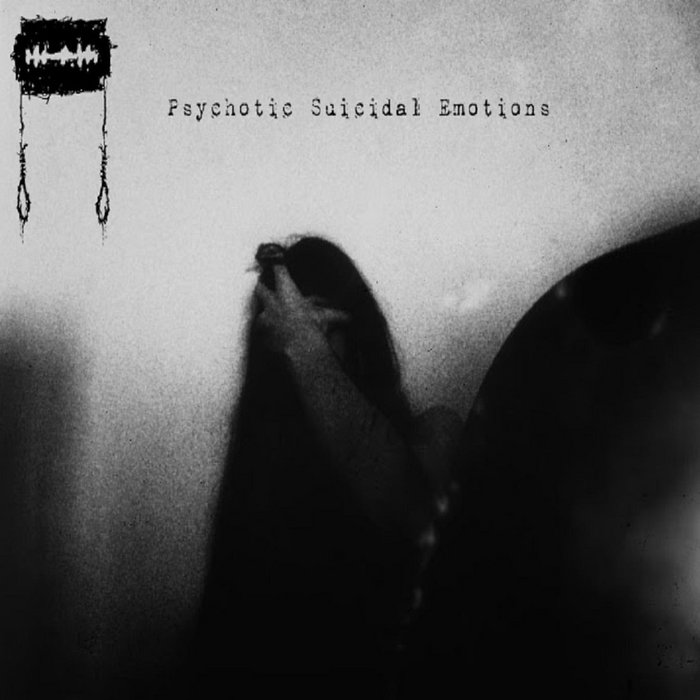
Connect 24/7, 365 days a year by:
- calling 800-273-8255 to reach the National Suicide Prevention Lifeline (press 1 to reach the Veterans Crisis Line)
- texting HOME to 741-741 to reach the Crisis Text Line
- texting 838-255 to text the Veterans Crisis Line
Find more suicide prevention and crisis resources.
First, know that anyone can experience suicidal thoughts. These thoughts don’t represent a weakness, flaw, or personal failing. They’re nothing to feel guilty or ashamed over, either — no matter your situation.
If you’re considering methods of suicide or actively thinking about ending your life, these steps can help you stay safe while you work on getting more longer-term support:
- Reach out. Trusted loved ones can listen and offer emotional support. They can also help you stay safe. If you’re not sure who to turn to, start with a crisis counselor: They’ll listen with compassion and offer guidance on ways to reach out.

- Go somewhere safe. Getting to a safe location can make it easier to avoid acting on suicidal thoughts. You might try a library or other public space, a friend’s house, or somewhere else you feel comfortable, like even a different room in your house.
- Lock up or get rid of weapons. Safety also means staying away from weapons, medications, or other possible methods of suicide. A friend or family member can help you remove these items or stay with you, especially if you need to continue taking medication. They can offer one dose at a time so you don’t have access to excess pills.
- Avoid alcohol and other substances. Drinking alcohol or using substances might seem helpful for numbing painful and unwanted emotions, but you might find they actually worsen depression and suicidal thoughts.
- Try grounding techniques. Going for a short walk, cuddling a pet, and 4-7-8 breathing are all examples of grounding techniques that can help you stay in the present during a moment of intense distress.
 Not sure how to get started? A crisis counselor can also talk (or text) you through trying them out.
Not sure how to get started? A crisis counselor can also talk (or text) you through trying them out. - Do something that helps you relax. Listening to music, savoring a favorite food or beverage, or looking at photos (or videos) of people and animals you love can help you feel calmer and less distressed.
The feelings of pain and despair might not immediately improve, and addressing suicidal thoughts can take time and professional support. But taking the first steps toward managing these thoughts can help you get enough distance to regain some hope and explore more long-term methods of relief.
Again, suicidal thoughts don’t always mean having a specific plan to die. You might wish you were dead, for example, or frequently think about dying, even if you have no intentions of attempting suicide.
These passive suicidal thoughts are still serious, though. These tips can offer a starting place for managing them:
- Recognize the signs.
 For some people, passive suicidal thoughts never become active. But these thoughts can eventually lead to suicide planning or an attempt. Noting early signs, like hopelessness, a sense of being trapped, or feeling like a burden to others, can suggest it’s time to reach out for help.
For some people, passive suicidal thoughts never become active. But these thoughts can eventually lead to suicide planning or an attempt. Noting early signs, like hopelessness, a sense of being trapped, or feeling like a burden to others, can suggest it’s time to reach out for help. - Get professional support. Working with a trained mental health professional is generally the best way to manage thoughts of suicide. A therapist can offer guidance with identifying possible triggers and exploring treatment options, plus help you create a safety plan.
- Work on a crisis plan. Research suggests safety planning can go a long way toward helping you stay safe in a crisis. Safety plans typically involve compiling lists of triggers or early signs of suicidal thoughts, coping tips, and contact information for supportive loved ones or professionals in one place. A therapist or loved one can help you develop a plan, but you can also use a template to get started yourself.

- Stay connected. Feelings of guilt or a sense of being a burden can lead you to avoid loved ones, but staying in touch with the people who care about you can make it easier to navigate a mental health crisis. Try reaching out to someone you trust by saying, “I’m having a hard time. Can you keep me company?”
- Find positive distractions. Activities you enjoy could help ease dark or painful thoughts and even rekindle some feelings of joy by helping you remember a few reasons to keep living. Reading a good book might remind you how excited you are for the next volume in the series, while taking your dog for a good long jog might remind you of their unconditional affection and companionship.
- Focus on self-care. Making sure to take care of your physical needs may not necessarily reduce thoughts of suicide. But you may find them easier to manage when your physical needs are being met. As best you can, try to eat balanced meals and stay hydrated, get some physical activity (even stretching or moving around your house), and aim to sleep 7 to 9 hours each night.

Even when life’s challenges and painful moments feel most overwhelming, it can help to remember you’re not alone. Opening up about how you feel may not change your situation or completely banish those thoughts, but sharing those thoughts with a loved one or therapist can make it easier to get the right kind of support.
Suicidal thoughts don’t have one single cause. They might begin for any number of reasons.
In some cases, they might be a symptom of an underlying mental health condition, like:
- major depression
- schizophrenia
- bipolar disorder
- substance use disorders
- anxiety
- eating disorders
- post-traumatic stress disorder (PTSD)
But not everyone with these conditions will have thoughts of suicide. You can also experience suicidal thoughts without an underlying mental health condition. In fact, 54 percent of people who died by suicide don’t have a diagnosed mental health condition, according to 2018 statistics from the CDC.
Genetics
A family history of mental health conditions, suicidal thoughts, or suicide can make it more likely you’ll experience suicidal thoughts, too.
Experts believe certain genes could play a part in suicidal thoughts and behavior, though research is still in the early stages.
In a small 2020 study, researchers also found that children with a parent who had attempted suicide tended to face more stress in life and have more difficulty regulating emotions. Both of these factors can contribute to suicidal thoughts or attempts later in life.
Other risk factors
Other factors that might increase your chances of experiencing suicidal thoughts include:
- major life stressors or challenges, including divorce, loss of a loved one, financial concerns, or legal difficulties
- having a friend or loved one who died by suicide
- chronic pain
- chronic or life threatening health conditions, such as cancer
- isolation or bullying at school or work
- family or relationship abuse
- having weapons at home
- attempting suicide in the past
Maybe you’ve noticed some concerning signs in a friend or loved one’s behaviors, such as:
- mentioning feelings of guilt or hopelessness
- saying they feel like they’re burdening you or making your life miserable
- avoiding the people they usually spend time with
- giving away treasured belongings
- seeming very calm after a period of intense distress
- sleeping much more than usual
- using substances more often
- taking risks with their safety, such as driving very fast or without a seat belt, mixing alcohol and substances, or using substances unsafely
On one hand, you might wonder if they’re thinking about suicide. On the other hand, you might worry that asking them will give them the idea, if they’re not.
On the other hand, you might worry that asking them will give them the idea, if they’re not.
But that’s just a myth. Evidence suggests asking about suicide generally won’t increase these thoughts.
In fact, asking about suicidal thoughts can have more of a positive impact: When you bring up the topic yourself, you let them know you’re willing to listen and offer support.
It’s possible to experience suicidal thoughts without any obvious risk factors. These feelings can intensify when someone feels guilty, unworthy, or unable to ask for help or get support. You can support a loved one talking about suicide by taking them seriously and listening with compassion.
You may not know how to help, but sometimes simply being there for them can make a major difference. Keep in mind, too, that pain and emotional distress can make it much harder for them to recognize solutions that might seem obvious to you.
Coping strategies can help you manage thoughts of suicide in the moment, but they typically can’t help resolve the causes that contribute to these thoughts.
In other words, until you begin to identify and work through the concerns triggering these thoughts, they’ll likely keep coming back.
You don’t have to start this process alone. Support from a trained mental health professional can go a long way toward getting more lasting relief from these thoughts.
A therapist can offer compassionate guidance and professional support with:
- identifying key triggers or causes, including signs of mental health conditions
- developing a safety plan
- exploring ways to share your thoughts with loved ones
- building new skills to cope with suicidal thoughts, including emotion regulation, problem-solving, distress tolerance, and reframing unwanted thoughts
- talking through possible solutions for overwhelming or distressing life challenges
Your therapist might ask questions about:
- your thoughts of suicide, including how often you have them and what you do to cope
- any other mental health symptoms you’ve noticed, like depression, anxiety, mania, or psychosis
- self-harm
- past suicide attempts or thoughts
- your family mental health history
They can also recommend helpful therapy approaches, such as cognitive behavioral therapy or dialectical behavior therapy.
Getting support for any health, mental health, or emotional concerns prompting suicidal thoughts can often help ease those thoughts, not to mention prevent them in the future.
When searching for a therapist, remember that finding someone you can truly open up to can go a long way toward making therapy more successful. If you can’t trust your therapist, you may not feel able to share deeply distressing thoughts, concerns, or mental health symptoms.
Antidepressants and suicidal thoughts
In rare cases, certain antidepressant medications may pose a risk of increased suicidal thoughts, especially when you first start taking them.
If you do experience thoughts of suicide while taking an antidepressant or other psychotropic medication, connect with your psychiatrist or prescribing clinician right away — but keep taking the medication unless they change your dosage or prescribe a different medication.
Stopping a medication or changing your dosage without professional guidance is never a good idea, since this can make suicidal thoughts worse. It can also lead to withdrawal symptoms.
It can also lead to withdrawal symptoms.
Right now, you may feel as if you have no way to escape the pain and unhappiness you feel. Remember, though, that nothing is permanent, not even the worst distress. Time, support from loved ones, and professional help can make the future seem much brighter.
Opening up to someone you trust is always a good first step. Sharing thoughts of suicide can help you realize you’re not alone, but knowing you have the support of someone you love can also make it easier to explore options for professional treatment.
As clichéd as it may sound, it can also help to take things one day at a time. Instead of thinking about tomorrow, or any pain the future could hold, try to stay present and remember: The future also offers opportunities for joy.
Get help & support for suicide
If you’re in emotional distress or suicidal crisis, find help in your area with Find a helpline.
If you believe that someone else is in danger of suicide and you have their contact information, contact your local law enforcement for immediate help. You can also encourage the person to contact a suicide prevention hotline using the information above.
You can also encourage the person to contact a suicide prevention hotline using the information above.
Learn more about personal crisis information with Google Search.
Google’s crisis information comes from high-quality websites, partnerships, medical professionals, and search results.
Important: Partnerships vary by country and region.
| Country | Hotline organization | Website | Phone number |
|---|---|---|---|
| Argentina | Centro de Asistencia al Suicida | www.asistenciaalsuicida.org | (011) 5275-1135 |
| Australia | Lifeline Australia | www.lifeline.org | 13 11 14 |
| Austria | Telefon Seelsorge Osterreich | www.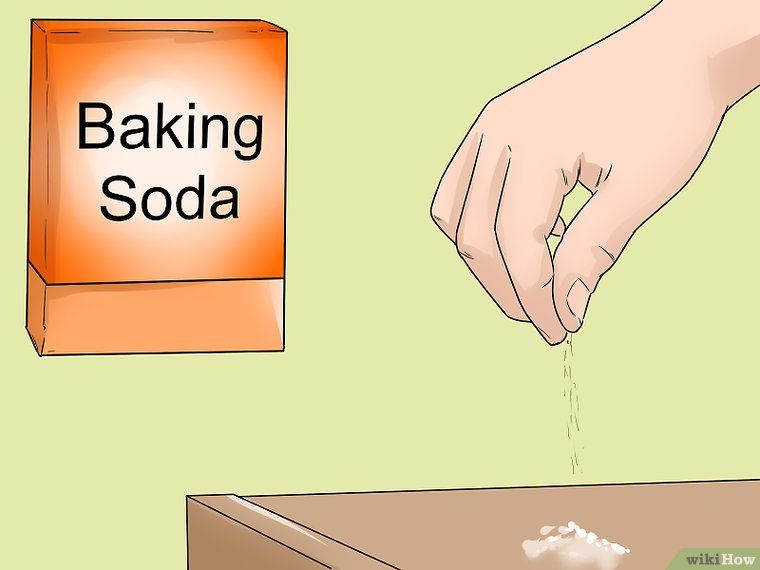 telefonseelsorge.at telefonseelsorge.at | 142 |
| Belgium | Center de Prevention du Suicide | www.preventionsuicide.be | 0800 32 123 |
| Belgium | CHS Helpline | www.chsbelgium.org | 02 648 40 14 |
| Belgium | Zelfmoord 1813 | www.zelfmoord1813.be | 1813 |
| Brazil | Centro de Valorização da Vida | www.cvv.org | 188 |
| Canada | Crisis Services Canada | crisisservicescanada.ca | 833-456-4566 |
| Chile | Ministry of Health of Chile | www.hospitaldigital.gob | 6003607777 |
| China | Beijing Suicide Research and Prevention Center | www. crisis.org crisis.org | 800-810-1117 |
| Costa Rica | Colegio de Profesionales en Psicologia de Costa Rica | psicologiacr.com/aqui-estoy | 2272-3774 |
| France | SOS Amitié | www.sos-amitie.org | 09 72 39 40 50 |
| Germany | Telefon Seelsorge Deutschland | www.telefonseelsorge.de | 0800 1110111 |
| Hong Kong | Suicide Prevention Services | www.sps.org | 2382 0000 |
| India | iCall Helpline | icallhelpline.org | 9152987821 |
| Ireland | Samaritans Ireland | www.samaritans.org/how-we-can-help | 116 123 |
| Israel | [Eran] ער"ן | www. eran.org eran.org | 1201 |
| Italy | Samaritans Onlus | www.samaritansonlus.org | 06 77208977 |
| Japan | Ministry of Education, Culture, Sports, Science and Technology | www.mext.go.jp | 81-0120-0-78310 |
| Japan | Ministry of Health, Labor and Welfare of Japan | www.mhlw.go | 0570-064-556 |
| Malaysia | Befrienders KL | www.befrienders.org | 03-76272929 |
| Netherlands | 113Online | www.113.nl | 0800-0113 |
| New Zealand | Lifeline Aotearoa Incorporated | www.lifeline.org | 0800 543 354 |
| Norway | Mental Helse | mentalhelse. no no | 116 123 |
| Pakistan | Umang Pakistan | www.umang.com.pk/ | 0311-7786264 |
| Peru | Linea 113 Salud | www.gob.pe/555-recibir-informacion-y-orientacion-en-salud | 113 |
| Philippines | Department of Health - Republic of the Philippines | doh.gov.ph/NCMH-Crisis-Hotline | 0966-351-4518 |
| Portugal | SOS Voz Amiga | www.sosvozamiga.org | 213 544 545 963 524 660 912 802 669 |
| Russia | Fund to Support Children in Difficult Life Situations | www.ya-parent.ru | 8-800-2000-122 |
| Singapore | Samaritans of Singapore | www. sos.org sos.org | 1-767 |
| South Africa | South African Depression and Anxiety Group | www.sadag.org | 0800 567 567 |
| South Korea | Korea Suicide Prevention Center중앙자살예방센터 | www.spckorea.or | 1393 |
| Spain | Telefono de la Esperanza | www.telefonodelaesperanza.org | 717 003 717 |
| Switzerland | Die Dargebotene Hand | www.143.ch | 143 |
| Taiwan | 国际生命线台湾总会 [International Lifeline Taiwan Association] | www.life1995.org | 1995 |
| Ukraine | Lifeline Ukraine | lifelineukraine.com | 7333 |
| United Kingdom | Samaritans | www. samaritans.org/how-we-can-help samaritans.org/how-we-can-help | 116 123 |
| United States | 988 Suicide & Crisis Lifeline | 988lifeline.org | 988 |
How can we improve it?
Ask the Help Community
Get answers from community expertsTransfers
home
Parents
Helpline
Information about the unified all-Russian children’s helpline
0446 8-800-2000-122 .
When calling this number in any locality of the Russian Federation from fixed or mobile phones, children in difficult life situations, adolescents and their parents, other citizens can receive emergency psychological assistance, which is provided by specialists of services already operating in the constituent entities of the Russian Federation that provide services for telephone counseling and connected to a single all-Russian number of children's helpline.
Confidentiality and free of charge are the two main principles of the children's helpline. This means that every child and parent can anonymously and free of charge receive psychological assistance and the secrecy of his call to the helpline is guaranteed.
Working hours of the children's helpline in the constituent entities of the Russian Federation
(as of October 1, 2013)
| Name of the subject of the Russian Federation 9Arkhangelsk region 09.00-22.00 | |||
| 22 | with Nenets Autonomous Okrug | daily 09.00-17.30 | |
| 23 | Vologda region | around the clock | |
| 24 | Kaliningrad region | daily0039 | around the clock |
| 35 | Chechen Republic 08.30-20.00 | ||
| South Federal District | |||
| 37 | Republic of Adygea | ||
| Kalmykia | Pon-Pip.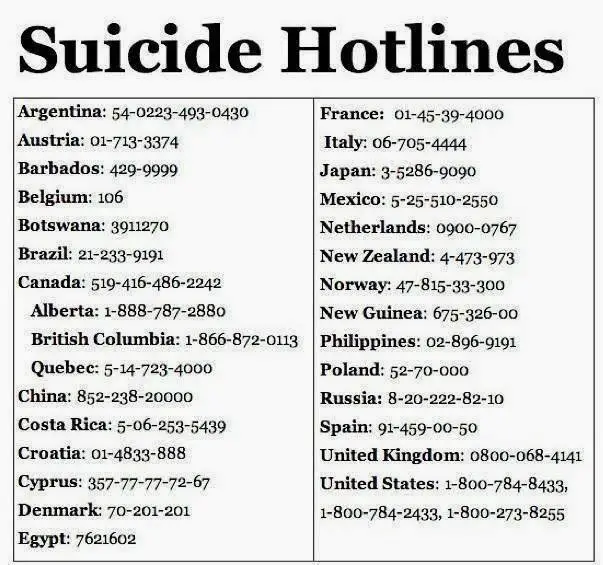 8.00-17.00 8.00-17.00 | ||
| 3 | |||
| 80 | Magadan region | Pon.-Pon. 10.00.22.00 | |
| 81 | Sakhalin Region | ||
| 900 | |||
| 83 | Chukotka AO | Mon-Fri 09.00-22.00, closed 16.00-22.00 | |
Infographics. The principle of operation of a single federal helpline number for children, adolescents and their parents
Information from the regions about the work of the children's helpline
12/28/2016
What to do when there is a problem, but there is no one to tell about it?
12/28/2016
Online psychologists are ready to save children from bullying
12/28/2016
What problems do residents of the Irkutsk region call the helpline
09.1 for children1.2016
3
3
09.





